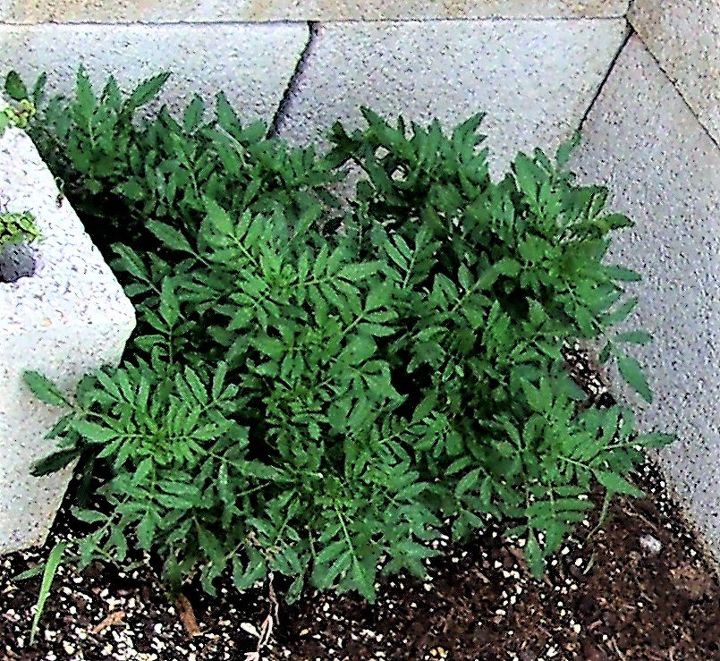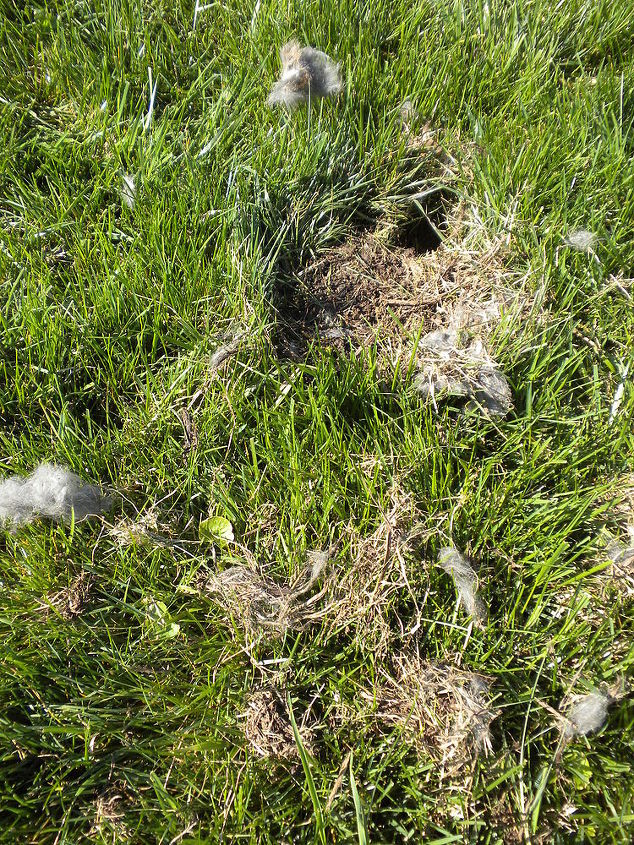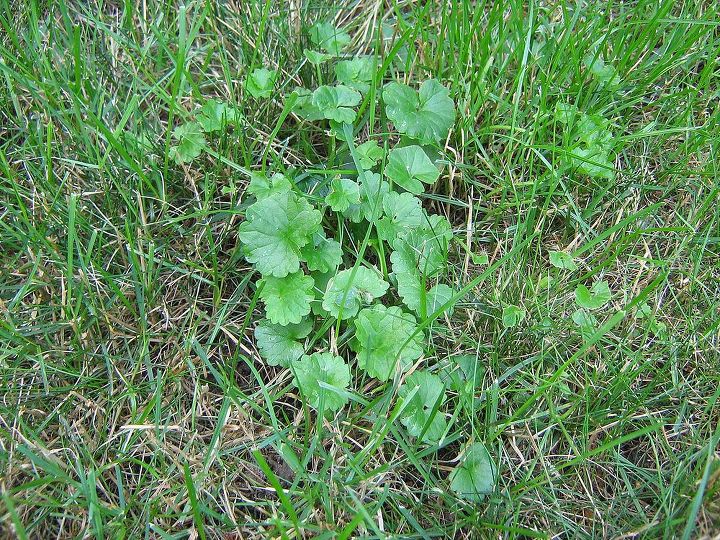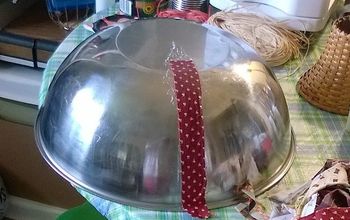How To Control Weeds Like A Pro !

LANDSCAPE BEDS
Let's learn how to control weeds like a pro; it's much easier than you think. How do quality professional landscape maintenance companies control weeds so easily when homeowners struggle? Although I am an organic landscaper and nurseryman at heart sometimes our needs for convent quick methods outweigh my desire to do things in an organic manor. We must remember most weeds we are trying to control in our landscape beds are parental weeds they are constantly producing seeds, so our problems are not the weeds we see, it's the tens of thousands of weeds seeds waiting to germinate, and they must be our main concern. First step is consistency if you don't do weed control at least every other week you will always have a weed problem. If you want to be virtually weed free with 15 minutes work read on.
Most of us are familiar with Round – and it will be one of the products we are discussing. Professional landscape maintenance companies will typically be using two products to control weeds, they are post-emergent and pre-emergent. The post-emergent product is round-up, this is a product that will kill most weeds that have already sprouted and a pre-emergent will stop seeds from germinating. We would use Round Up (Pro) and Ronstar mixed together in the sprayer, we were killing the weeds that were up and growing and preventing weed seed from germinating at the same time.
Let's first learn about the use of post emergent (Round-UP), this is a product designed to kill weeds that will absorb the product through the leaf, and then translocate through the plants and kill the root system, this is in contrast to some post emergent products that will only kill the green leafy material but leave the roots intact only to have the weed return from root stock. Round –Up being systemic ( working from the inside of the plant) does take some time to work, in the growing season it can take from 5-10 days to see complete results and during the winter months 7-15 days in not unusual. This is because the plants are dormant during the winter months and not growing or growing very slowly, because of the slow growth rates in the winter months it takes the plant much longer to move the product to the roots than in the growing season when the plant can translocate the product to the roots much more quickly. When spraying Round Up you will only spray to the point of runoff, once you have applied more product than will stay on the leaf you are wasting time and money by spraying the ground (remember Round Up must be absorbed by the leaf to work and can't work any other way). If you have a large weed problem you will be doing more of a blanket application, but once you start to have things under control this will be more of a spot application, spraying each individual weed. Once you start controlling the weed in the landscape beds consistently you should not have weeds everywhere but a weed here and a weed there that can be spot sprayed. If we do this weekly or biweekly we will be killing the weed before they can become mature enough to propagate and produce more seeds that will have to be controlled in the future. Once we have begun to control weed consistently not allowing them to produce more seeds you will get to a point where most of the seed producing weeds are gone and the majority of the seed have germinated and killed, you then will have the weeds under and control and life is good. Round Up is not a kill all product and was not designed to be a kill all product, if you have weeds or plants with waxy leafs or froms that Round Up can't penetrate, you will not be able to kill them or must use a weedeater to break up the leafs or froms so the Round Up can penetrate the plant. Some plants like Asparagus Fern can't be killed with Round Up no matter what you do. This is something you learn with experience so error on the side of caution you can destroy your landscape with very little round up.
Pre-Emergent (Pre-m) products set up a barrier in the soil killing weed seeds as they germinate. As always read the label but most Pre-m products can be used on the turf and in the landscape beds. Pre M's come in liquid and granular products. You will have to go to a good nursery or commercial landscape supply company to get Pre M's by them self's but the benefit is worth the time to find them. Liquid Pre M's can be added to you round up sprayer and applied at the sometime you are applying Round-Up, the problem is once the weeds are under control you should be spot spraying each weed not spraying the entire landscape bed. A Pre M needs to be applied evenly over the entire area for the results we are looking for; this usually means using a handheld spreader and using a granular Pre M. Once again read the label but most Pre M's can be applied over the top of existing landscape plants, so doing a blanket application is simple and easy. Timing is everything; this is the time (in central Florida) to apply a Pre M to your landscape beds and turf, you want it applied before the conditions get correct to start the tens of thousands of weed seeds germinating in your turf and landscape beds so you can stop most of the problem before it starts. Many companies have these products in their product line and most homeowners don't know it, for example Scotts Crabgrass Preventer (an awesome product) is fertilizer and a Pre-Emergent mixed together for you, you are fertilizing and preventing crabgrass seeds (all seeds) from germinating, Round –Up extend is Round-Up and a liquid Pre M mixed together, the same as we have done commercially for 30 years.
Weed control does not have to be difficult I believe the most important aspect is consistency, just get out there and DO IT!
-
Thank you for your post!
 Miriam Illions
on Feb 05, 2012
Helpful Reply
Miriam Illions
on Feb 05, 2012
Helpful Reply -
-
Interesting details. I learned the hard way that dandelions become a far bigger problem once you let them go to seed. If you stay on top of them, they aren't as nasty.
 3po3
on Feb 05, 2012
Helpful Reply
3po3
on Feb 05, 2012
Helpful Reply -
-
Excellent information. Thanks for such a comprehensive post.
 Douglas Hunt
on Feb 06, 2012
Helpful Reply
Douglas Hunt
on Feb 06, 2012
Helpful Reply -
-
That was great,thank you.
 JP S
on Feb 06, 2012
Helpful Reply
JP S
on Feb 06, 2012
Helpful Reply -
-
This is great to know.... My lawn is overrun with weeds. After the Texas drought last year and good rain so far this year.... well I bet you can get the picture.
 Sandra aka Blondie
on Feb 21, 2012
Helpful Reply
Sandra aka Blondie
on Feb 21, 2012
Helpful Reply -
-
Be careful this procedure is for landscape beds NOT turf.
 Hoffner Nursery & Landscaping
on Feb 21, 2012
Helpful Reply
Hoffner Nursery & Landscaping
on Feb 21, 2012
Helpful Reply -
-
Oh geez... thanks. Guess I didn't pay close enough attention.
 Sandra aka Blondie
on Feb 21, 2012
Helpful Reply
Sandra aka Blondie
on Feb 21, 2012
Helpful Reply -
-
i have visited New Braunfels Texas three times beautiful place and good food and beverages!
 Deb B
on Feb 23, 2012
Helpful Reply
Deb B
on Feb 23, 2012
Helpful Reply -
-
If I use these products in a mulched area, with Blueberry and Butterfly bushes, will it kill the large bushes, or contaminate the bluebarries themselves?
 Phil Bauman
on Jul 11, 2012
Helpful Reply
Phil Bauman
on Jul 11, 2012
Helpful Reply -
-
Phil, a pre-emergent will have no effect on plants that are already growing. It suppresses germination. Check the label on Preen, but I'm pretty sure it's safe around food crops. If you have any concerns, corn gluten is an alternative.
 Douglas Hunt
on Jul 11, 2012
Helpful Reply
Douglas Hunt
on Jul 11, 2012
Helpful Reply -
-
Thanks for the info..I scattered Preen this year and am going to see how it works. Use Roundup for sidewalk grass and poison ivy with great success. What works for Milk Weed??
 Mommom49
on May 21, 2015
Helpful Reply
Mommom49
on May 21, 2015
Helpful Reply -
-
I have used them all and as far as I am concerned nothing works. NOTHING!
 Suzette Trimmer
on Jun 28, 2015
Helpful Reply
Suzette Trimmer
on Jun 28, 2015
Helpful Reply -
-
Please, please do not kill your milk weed plants. Milk weed is the host plant for monarch butterflies; the butterflies lay their eggs on the milk week and the caterpillars munch on the milkweed (nothing else). Monarchs just got off the endangered list. They are a beautiful enhancement to your yard and garden. Don't let them slide into endangered again. Thank you.
 Mary Sherman
on Oct 23, 2015
Helpful Reply
Mary Sherman
on Oct 23, 2015
Helpful Reply -
Related Discussions
GNATS - How to get rid of them?
Somehow my house and garden got tiny gnats that killed my fuchsia plant and fly everywhere. I have tried ALL the Web recommendations - soap and oil dishes, sand in th... See more
Marigolds growing! Should I pinch the buds?
My marigold plants are growing. I heard that pinching the buds until Autumn will allow them to grow without killing the plant. Is this true?
Growing garlic
Growing our first garlic, should we wait until the leaves are drying out before we pick it? Husband picked first one today along with our first potatoes.
How to keep mice out of your garden?
Hi everyone, I have mice in my garden destroying my vegetables and I have also noticed them in the barn and shed. Please can someone tell me how to prevent them from ... See more
What's the best flower/plant to grow in Texas?
I know that opinions vary, but what's your opinion?!I have great luck w Rosemary plants. Green all year long.
Can someone tell me what kind of animal this was in my yard?
I thought maybe a rabbit was burrowing in my yard, but it's almost dead center of my lawn (not a very smart rabbit). The hole is not very deep, and I replanted it onc... See more
Is Creeping Charlie in your lawn a good thing or a bad thing?
Is there a sure-fire way to get rid of Creeping Charley?




